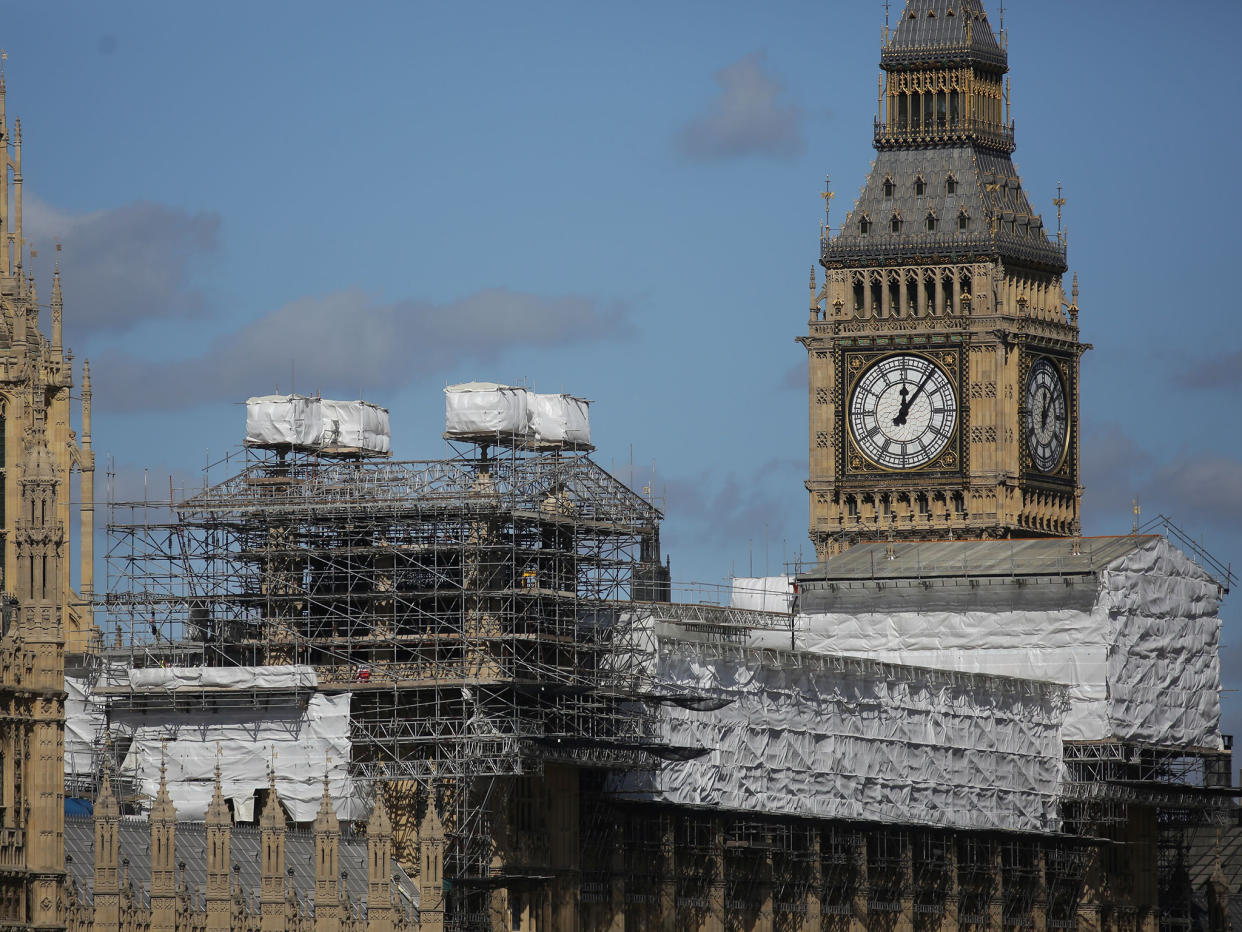MPs urged to leave Houses of Parliament for six years so it can be repaired

MPs and peers should be forced to vacate the crumbling Palace of Westminster for around six years while vital renovation works take place, a Commons committee has urged.
Warning that the Unesco World Heritage Site faces the prospect of a “catastrophic failure”, MPs on the influential Public Accounts Committee (PAC) describe the historic building as being in a state of “extreme disrepair”.
The report claims: “The risk of catastrophic failure is high and growing with every month that passes: fire, water, penetration, sewage inundation, comprehensive electrical failure or some other mechanical breakdown are among the most likely causes. It must be repaired.”
The committee, which brands itself as the Commons’ guardian of the public purse, said a proposal put forward in 2016 by the joint committee of the Commons and the Lords represented the “most economical, effective and efficient” option for restoring the palace. The plan involves a “full decant” of the premises for around six years while the vital work is carried out at an estimated cost of £3.5 to £3.9m.
“Delaying a decision on how that work should be carried out will only add to the costs and risks,” said the PAC chair and Labour MP Meg Hillier.
The report adds: “For a World Heritage site that is the home of the ‘mother or parliaments’, doing nothing is not an option.”
“The best value for money will be achieved by getting on with it. The Government should not delay any further in putting the proposal for a decision in principle before both Houses”.
“Without hesitation we recommend that the House swiftly proceeds to a decision-in- principle and that the decision is to pursue a full decant from the Palace whilst it is restored, renewed and made ready for at least another 150 years as the home of Parliament.”
The position however is complicated by the decision of another committee of MPs – the Commons Treasury Committee – to conduct its own inquiry into the renovation plan.
Launching the inquiry in January, the committee chairman Andrew Tyrie said the original joint committee proposal and the consultants' report on which it was based did not provide sufficient evidence to make even a "preliminary decision" on the way forward.
But with the Treasury Committee yet to begin hearings on the issue, Ms Hillier warned they could not afford further hold-ups. “The longer the House of Commons spends mulling new or alternative options, the greater the chance that public money is wasted,” she added.
“Clearly there are many details to be agreed and difficult choices will need to be made as restoration and renewal progresses. Effective oversight and clear communication will be essential to its success.
“This will not be Parliament’s last chance to scrutinise this complex and challenging project and the Public Accounts Committee will be watching costs closely to ensure taxpayers get the best deal.”

 Yahoo News
Yahoo News 
